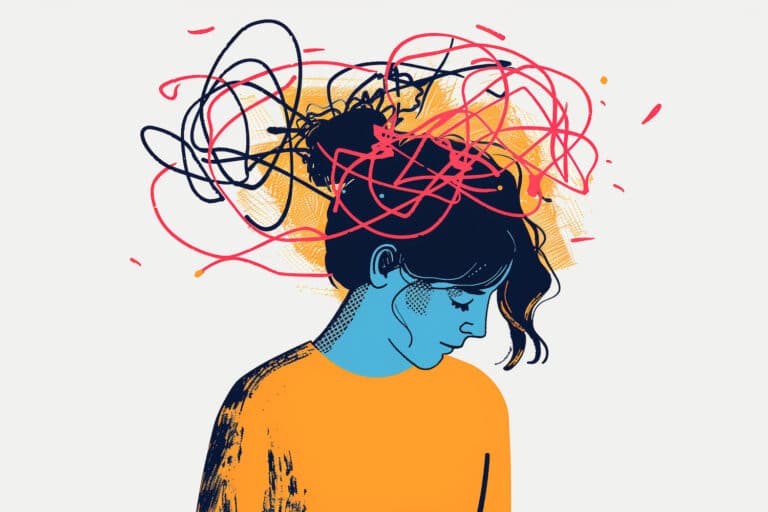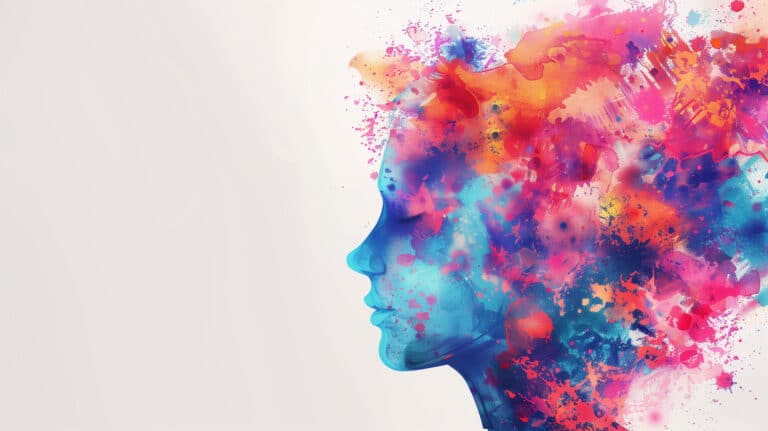People used to believe that an eating disorder was little more than a diet choice. Healthy nutrition advocates and experts have worked hard to counteract this mistaken notion. Because of their work, there are now numerous types of treatment for eating disorders. Here’s how this knowledge can help you today.
Commit to a Therapeutic Approach That Promotes Healing and Growth
Binge eating, anorexia, and bulimia are conditions that call for individualized treatment. Rather than following a self-help approach, dedicated facilities now offer various types of treatment for eating disorders. Collaborative therapies include evidence-based modalities. It’s vital to understand that eating disorders are medical conditions that respond well to treatment.
Useful Types of Treatment for Eating Disorders
Entrust your care to a therapeutic environment. You won’t find fad diets there. Rather, all foods fit into your meal plan. Therapies typically build on your strengths.
The best examples include:
- Residential care that maximizes stability, therapeutic immersion, and around-the-clock staff availability
- Partial hospitalization, which is a day treatment setting that promotes healing and healthy trigger responses while you live at home
- Family therapy as a means to include loved ones for validation of your decision to make far-reaching changes
- Nutrition therapy that empowers you to make changes in the way you respond to impulses
- Group therapy, which encourages self-acceptance
Why Should I Look for a Facility That Uses Evidence-Based Therapies?
Because eating disorders can be challenging to overcome, you’ve probably tried to get help before. However, a high-quality Alabama eating disorder treatment center will focus on evidence-based interventions. This means that the modalities have helped others in your situation to overcome the condition.
Case in point is cognitive behavioral therapy. It’s one of the most popular types of treatment for eating disorders. It focuses on areas of dysfunction in thought patterns, emotions, and actions. You learn to recognize them. Besides that, you find ways to make changes there that will result in positive habits.
Another example is acceptance and commitment therapy. In this setting, you heighten your awareness of emotions and your response to them. If you’re struggling with anxiety or depression, this modality can be instrumental in helping you heal. Furthermore, it helps you to overcome the development of impulses relating to your eating disorder.
Residential vs. Day Treatment
Both treatment approaches have merit. However, only the residential setting offers you a peaceful, serene environment. If your current living situation is unsafe or not conducive to healing and overcoming triggers, moving into the facility makes sense. Above all, an inpatient stay ensures that you get the help you need when you require it.
Find out more about the different types of treatment for eating disorders. Talk to the caring therapists at Magnolia Creek. Because so much is riding on your decision to get excellent care, take the time you need to educate yourself. Call 205-235-6989 today to begin the dialog with a compassionate intake specialist.




